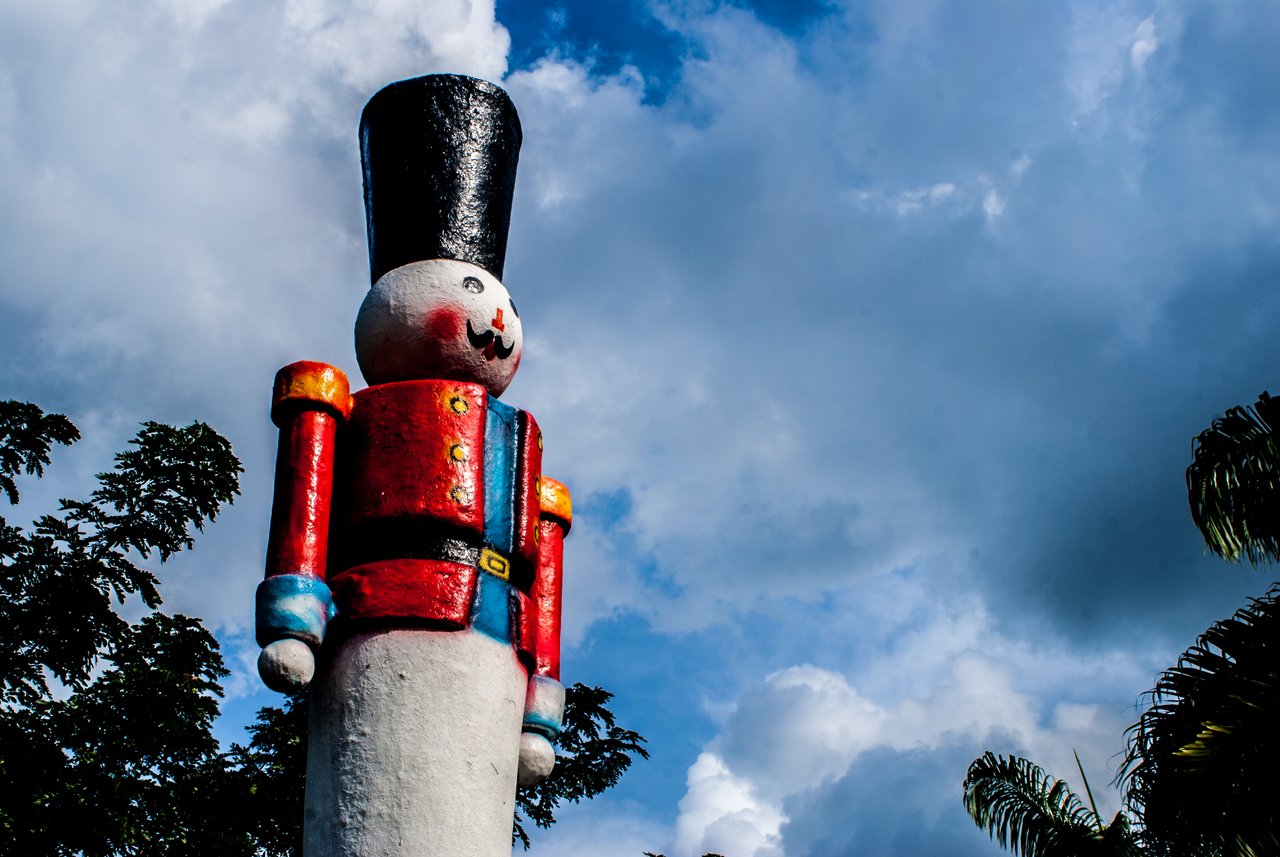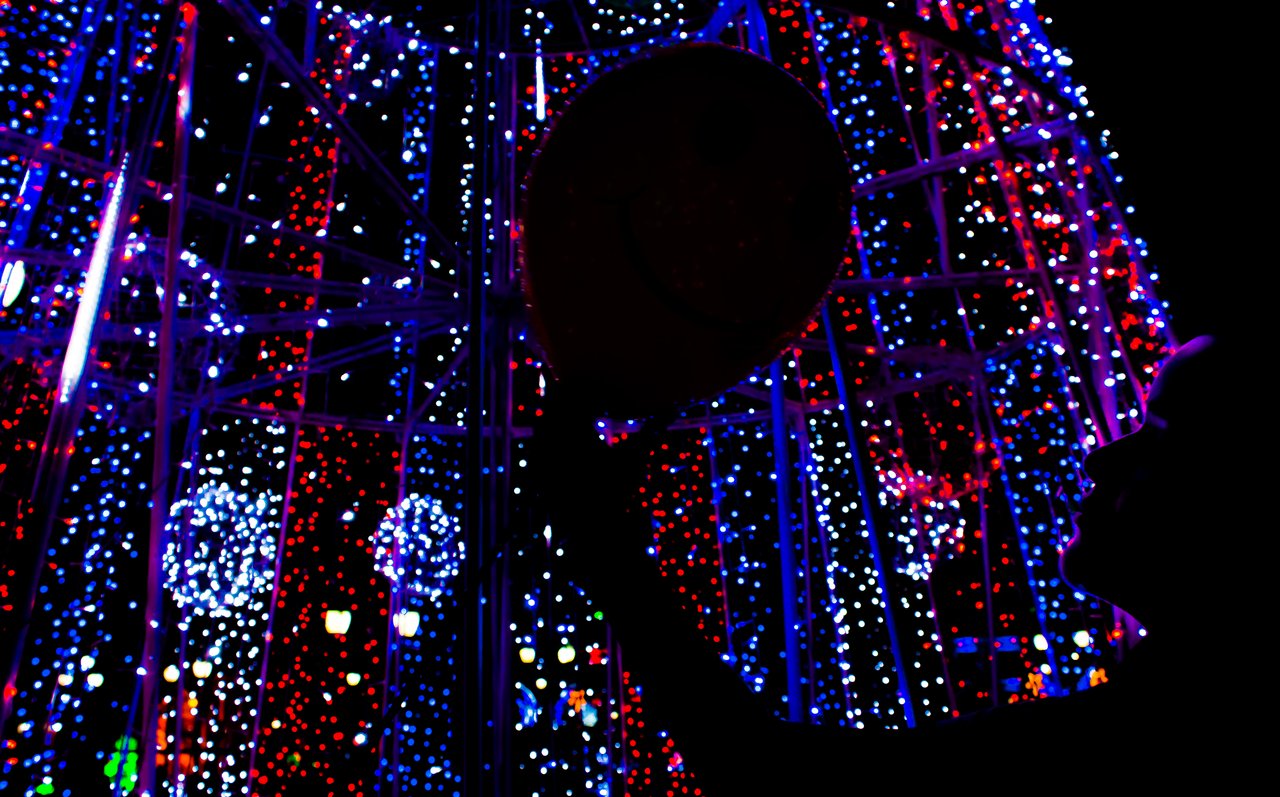¿Por qué se celebra la Navidad?
0 comments
La celebración de la Navidad es una de las más populares del mundo. A pesar de que su celebración se circunscribe al nacimiento de Cristo, y eso es lo que la mayoría de los países del mundo celebran, la celebración de la Navidad como la conocemos se introduce desde la expansión del cristianismo coincidiendo con un efeméride mucho más antiguo y celebrada, al menos en el hemisferio norte del planeta: el solsticio de invierno.
En los distintos calendarios de la antigüedad, entre el 20 y el 23 de diciembre de nuestro calendario gregoriano se celebraba el momento en el que el sol alcanzaba su punto de elevación más bajo con respecto a la tierra. Esto se ve reflejado como la noche más larga del año en el Polo Norte y, por consiguiente, el día más largo en el Polo Sur. Esto provocaba el efecto de ver el sol a un punto muy bajo en el horizonte, siendo más evidente en las latitudes más altas del planeta.
Es evidente que la Navidad y el solsticio de invierno no son la misma celebración. Sin embargo, comparten el mismo espíritu de festividad que permitió la popularización universal de una fiesta que corresponde a una sola religión. Incluso, se puede encontrar en la celebración cristiana vestigios de las celebraciones antiguas que pasaron a ser paganas con el cristianismo. Veamos algunas de ellas.
La Navidad (en latín: nativitas, ‘nacimiento’)? es una de las festividades más importantes del cristianismo, junto con la Pascua de resurrección y Pentecostés. Esta solemnidad, que conmemora el nacimiento de Jesucristo en Belén, se celebra el 25 de diciembre en la Iglesia católica, en la Iglesia anglicana, en algunas comunidades protestantes y en la mayoría de las Iglesias ortodoxas. En cambio, se festeja el 7 de enero en otras Iglesias ortodoxas como la Iglesia ortodoxa rusa o la Iglesia ortodoxa de Jerusalén, que no aceptaron la reforma hecha al calendario juliano para pasar al calendario conocido como gregoriano, nombre derivado de su reformador, el papa Gregorio XIII. El 25 de diciembre es un día festivo en muchos países celebrado por millones de personas en todo el mundo y también por un gran número de no cristianos.1
Los angloparlantes utilizan el término Christmas, cuyo significado es ‘misa (mass) de Cristo’. En algunas lenguas germánicas, como el alemán, la fiesta se denomina Weihnachten, que significa ‘noche de bendición’. Las fiestas de la Navidad se proponen, como su nombre indica, celebrar la Natividad (es decir, el nacimiento) de Jesús de Nazaret.
La Navidad inicia un periodo llamado tiempo de Navidad, que finaliza con la solemnidad del Bautismo del Señor. Coloquialmente, al periodo que comienza con la Navidad y finaliza con la Epifanía del Señor también se le conoce como pascuas.23
Existen varias teorías sobre cómo se llegó a celebrar la Navidad el 25 de diciembre, que surgen desde diversos modos de indagar, según algunos datos conocidos, en qué fecha habría nacido Jesús.
Explica la gran diferencia, la verdadera diferencia. Mientras que ambas celebraciones ocurren más o menos al mismo tiempo, las razones para ello no son las mismas..
Diferencia entre Hanukkah y la Navidad:
El Hanukkah es la celebración de un diferente tipo de milagro. Cuando ocurrió la derrota de Judas Macabeo por parte de los sirios, se reconstruyó el Segundo Templo en Judea. Durante la dedicación, se debía encender el menorá, con las velas encendidas todas las noches. Aunque sólo había suficiente aceite para encender las velas una sola noche, duraron prendidas las ocho noches. Esas ocho noches se celebran cada año, durante el Hanukkah.
La Navidad celebra el nacimiento de Jesús, el Hijo de Dios. Para ellos es un milagro de tipo más profundo y es la celebración cristiana más importante, además de la Pascua.

ENGLISH:
The celebration of Christmas is one of the most popular in the world. Although its celebration is limited to the birth of Christ, and that is what most countries of the world celebrate, the celebration of Christmas as we know it is introduced since the expansion of Christianity coinciding with a much older and more ephemeris. held, at least in the northern hemisphere of the planet: the winter solstice.
In the different calendars of antiquity, between 20 and 23 December of our Gregorian calendar celebrated the moment when the sun reached its lowest point of elevation with respect to the earth. This is reflected as the longest night of the year at the North Pole and, consequently, the longest day at the South Pole. This caused the effect of seeing the sun at a very low point on the horizon, being more evident in the highest latitudes of the planet.
Clearly, Christmas and the winter solstice are not the same celebration. However, they share the same spirit of festivity that allowed the universal popularization of a party that corresponds to a single religion. Even remnants of ancient celebrations that became pagan with Christianity can be found in the Christian celebration. Let's see some of them.
Christmas (in Latin: nativitas, ‘birth’)? It is one of the most important festivities of Christianity, along with Easter and Pentecost. This solemnity, which commemorates the birth of Jesus Christ in Bethlehem, is celebrated on December 25 in the Catholic Church, in the Anglican Church, in some Protestant communities and in most Orthodox Churches. Instead, it is celebrated on January 7 in other Orthodox Churches such as the Russian Orthodox Church or the Orthodox Church of Jerusalem, which did not accept the reform made to the Julian calendar to move to the calendar known as Gregorian, name derived from its reformer, the Pope Gregory XIII. December 25 is a holiday in many countries celebrated by millions of people around the world and also by a large number of non-Christians.1
The English speakers use the term Christmas, whose meaning is ‘mass (mass) of Christ’. In some Germanic languages, such as German, the party is called Weihnachten, which means ‘night of blessing’. The Christmas holidays are proposed, as the name implies, to celebrate the Nativity (that is, the birth) of Jesus of Nazareth.
Christmas begins a period called Christmas time, which ends with the solemnity of the Baptism of the Lord. Colloquially, the period that begins with Christmas and ends with the Epiphany of the Lord is also known as Easter. 2 3
There are several theories about how Christmas was celebrated on December 25, which arise from various ways of investigating, according to some known data, on what date Jesus would have been born.
Explain the big difference, the real difference. While both celebrations occur more or less at the same time, the reasons for this are not the same.
Difference between Hanukkah and Christmas:
The Hanukkah is the celebration of a different kind of miracle. When the defeat of Judas Maccabees by the Syrians occurred, the Second Temple was rebuilt in Judea. During the dedication, the menorah should be lit, with the candles lit every night. Although there was only enough oil to light the candles one night, they lasted eight nights. Those eight nights are celebrated every year, during the Hanukkah.
Christmas celebrates the birth of Jesus, the Son of God. For them it is a miracle of a deeper type and is the most important Christian celebration, in addition to Easter.
Fuente:


Comments